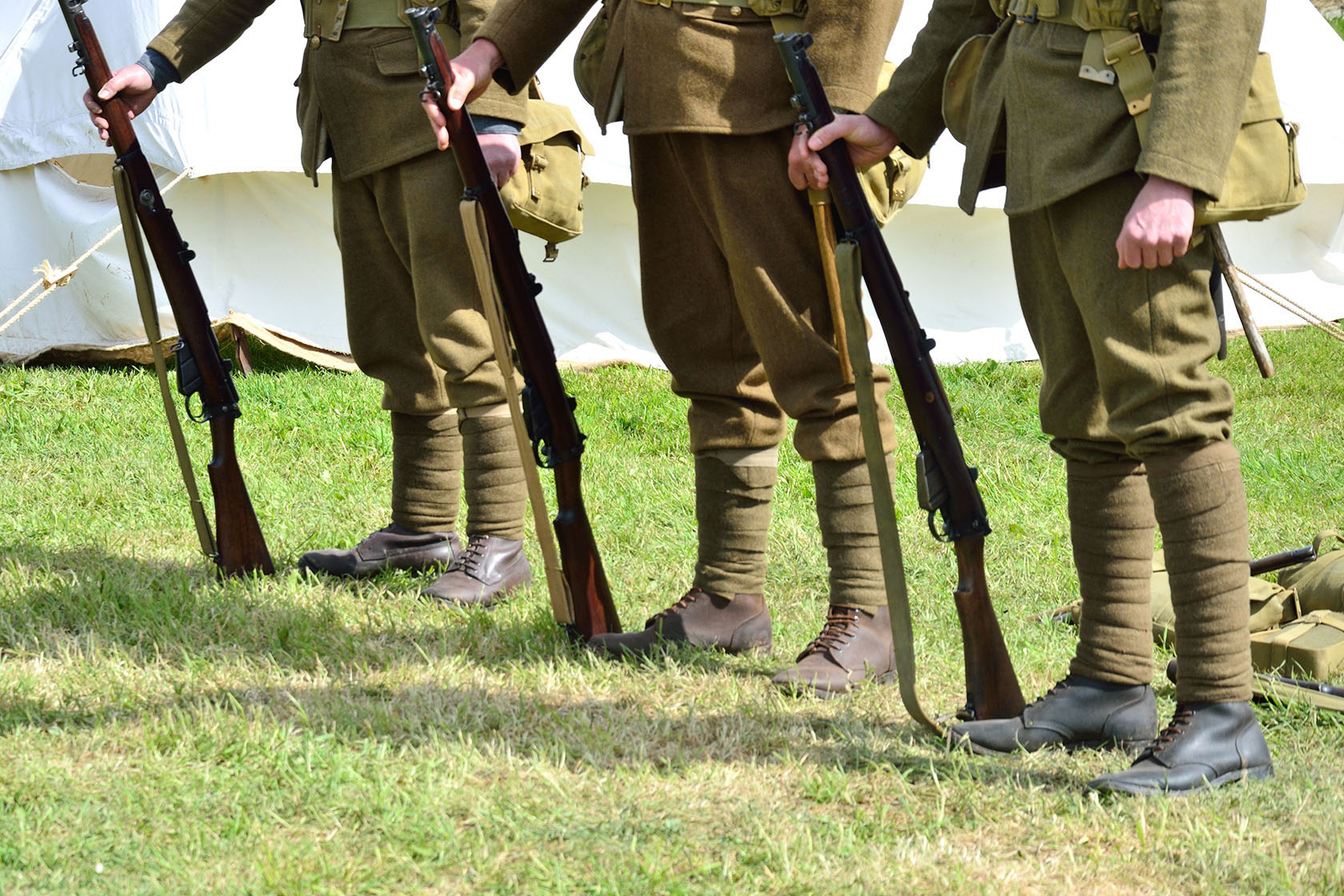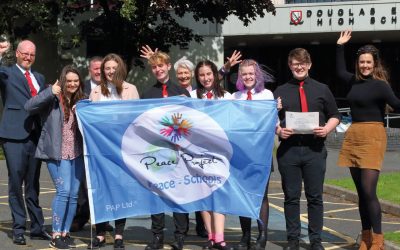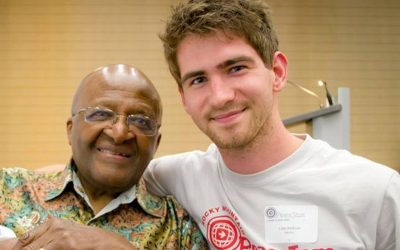In late 1914, Europe was divided by hundreds of miles of trenches. British and French forces on one side were within shouting distance of German troops on the other. The Pope made a plea for a Christmas truce, but the shooting continued.
Then, on Christmas Eve, soldiers from behind British lines heard an unexpected sound — not gunfire, but singing.
Next, they heard a single voice shout out, “English soldier, merry Christmas!” followed by “English soldier, come out to join us!”
Both sides cautiously emerged over the parapet into the no man’s land between the trenches. Before long, the soldiers realised that it was a real truce.
They fraternised, singing Christmas carols, exchanging souvenirs and whisky, and even taking up a friendly soccer match.
The ceasefire continued only two days before the troops returned to their trenches, resuming bloodshed for nearly four long years.


In late 1914, Europe was divided by hundreds of miles of trenches. British and French forces on one side were within shouting distance of German troops on the other. The Pope made a plea for a Christmas truce, but the shooting continued.
But the story of the Christmas truce reminds us that peace is possible, if we choose to accept it.
If peace can last a few days, could it not also last months or years? And how do we prevent conflict in the first place?
In his Nobel Peace Prize lecture in 1964, American civil rights leader Martin Luther King Jr. said: “We must concentrate not merely on the negative expulsion of war, but on the positive affirmation of peace.”
With Positive Peace, our society’s structures, policies, and everyday attitudes and actions promote justice at all levels, sustaining a peaceful coexistence.
It’s an answer to the calls for justice and peace we have heard on the streets in protests from Minneapolis to Paris this year.
In his Nobel Peace Prize lecture in 1964, American civil rights leader Martin Luther King Jr. said: “We must concentrate not merely on the negative expulsion of war, but on the positive affirmation of peace.”
Positive Peace, studied at our Rotary Peace Centres around the world, is not just an academic idea for the Rotary Peace Fellows.
Through Rotary’s partnership with the Institute for Economics and Peace, the Rotary Positive Peace Academy offers free training to every Rotary member on how to wage Positive Peace in every project we do at the grassroots level, including Foundation grants.
Positive Peace resonates at all levels of The Rotary Foundation.
Our literacy projects help children gain equal access to literacy, so opposing sides on an issue can understand each other better.
Through our Foundation grants that provide clean water, communities gain stability, as more children stay in school rather than fetching water for hours on end.
Our role as civil society leaders who wage Positive Peace will continue to expand, not only through partnerships and more grants, but also through our hearts, minds, and hands as we offer our gifts to make the world a better place.


























































